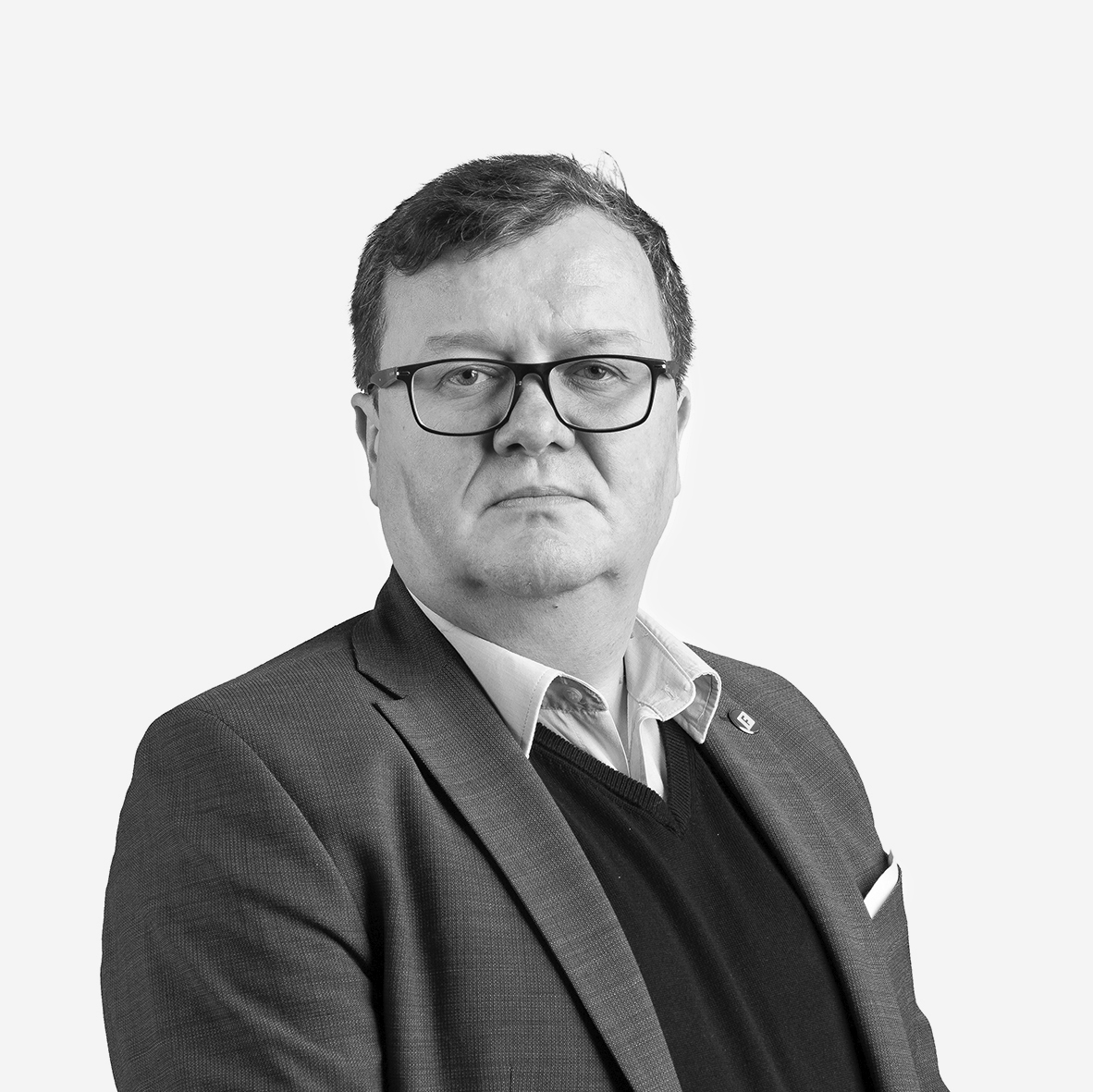WAR IN EUROPE
A testing time
The Republic of Moldova is experiencing the war in its neighbouring country up close. It also fears imminent invasion by Russia – and with good reason.
TEXT: RAIMAR WAGNER
WAR IN EUROPE
A testing time
The Republic of Moldova is experiencing the war in its neighbouring country up close. It also fears imminent invasion by Russia – and with good reason.
TEXT: RAIMAR WAGNER
The Republic of Moldova is having a déjà-vu experience. In the nineties, the country fell victim to something that could be called the prototype of Russia’s hybrid warfare. After four months of fighting between Moldovan defence forces and separatist militias (“little green men“), Russian units occupied Transnistria in 1992, an approximately 4,000 square kilometre region in the east of the Moldovan Republic; its status has been unclear ever since. On the one hand, Transnistria benefits from all the advantages of the trade and travel agreements signed by the Republic of Moldova, on the other hand it declares itself politically independent.
Minor oligarchs in Tiraspol
There are about 470,000 people currently living in Transnistria and the ethnic breakdown is one third Moldovan, Ukrainian and Russian each. The capital city Tiraspol is administered by corrupt minor oligarchs supported by Moscow, who make their money with drugs, weapons and various smuggling activities. Crypto farming taps into the country’s only electric power station, which runs on Russian gas. The plant in Cuciurgan belongs to the Russian company Inter RAO ES and is one of the main supporters of the Transnistrian budget through its taxes and duties. However, the regime in Tiraspol does not pay for the imported gas from Gazprom, instead it forwards the invoice of over seven billion dollars to the Moldovan Republic, to make it more dependent on Moscow. Moldova itself still draws 70 percent of its total electricity consumption from the same power plant.
The biggest threat, however, is by far the 14th Russian Army, a legacy of the 1992 conflict: the unit of about 3,000 men is not only supposed to guard the peace, it also has a 20,000-ton stockpile of weapons. This is a highly explosive situation in the literal sense of the word. If Odessa were to fall, there is nothing standing in the way of Russian troops in Ukraine joining forces with the 14th Army. For Moldova, this raises the existential question: does Putin want to revive the Soviet Union territorially here as well, and will he have his troops, stationed only 70 kilometres away, march in?
Under these circumstances, Moldova's recently submitted urgent application for EU accession seems to be a cry for help above all. For a long time, the country had been led by pro-Russian groups. But when Maia Sandu was elected president in December 2020, the majority of Moldova's 2.5 million citizens clearly voted for the staunch pro-European, despite massive Russian counter-propaganda. Seven months later, the voters confirmed this new national orientation in the parliamentary elections.
The biggest threat, however, is by far the 14th Russian Army, a legacy of the 1992 conflict.
Neutrality in the constitution
Since the outbreak of the war, the president has repeatedly emphasised that the country's neutrality is anchored in the constitution and that joining the EU would in no way mean joining NATO. Actually, however, the country is still far from fulfilling the requirements for EU accession. Moreover, as Maia Sandu admitted, the necessary reforms are suspended right now due to the influx of refugees from Ukraine. More than three percent of the people in the country are currently refugees. Her country was on the brink of economic collapse and in urgent need of international aid, says the president. EU neighbour Romania has sent emergency aid in the form of 150,000 litres of petrol and diesel each and 5,000 tonnes of heating oil. The EU and the United States have also pledged further humanitarian and economic aid to the small country, which is currently going through a testing time.

Raimar Wagner is the project manager responsible for Romania and Moldova at the Friedrich Naumann Foundation for Freedom based in Bucharest.

Raimar Wagner is the project manager responsible for Romania and Moldova at the Friedrich Naumann Foundation for Freedom based in Bucharest.
More articles
Wolfgang Gerhardt // A danger to the neighbours
Violence is an established component of the Russian box of tricks. But there is no war in which one wins what the other loses. There is just human suffering for everyone.
Sabine Leutheusser-Schnarrenberger // Putin on trial!
The only way to deal with the brutal and unscrupulous actions of the Russian ruler is to make clear decisions – and to use the full force of national and international justice. That is why Gerhart Baum and Sabine Leutheusser-Schnarrenberger have filed charges against Putin.
Adam Szłapka // Ukraine belongs in the EU
Following Putin‘s attack, the European Union is seen with NATO as the guarantor of peace and security. That doesn’t just apply to Ukraine, but also to Georgia and Moldova.
